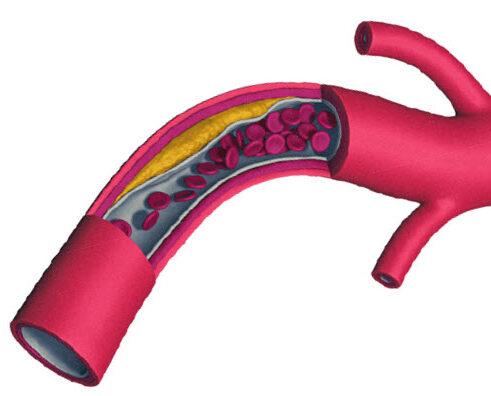Posted By:
Steve Parcell
Category:
Preventive Cardio
Dr. Steve Parcell and NatureMed Integrative Medicine have partnered with Cleerly to provide the most detailed noninvasive analysis of coronary artery plaque available. Cleerly uses supercomputing to identify, characterize, and quantify arterial plaque. This test outperforms stress tests and calcium scoring alone in terms of both sensitivity and specificity.
A coronary computed tomography angiography (CCTA) test from Cleerly has higher sensitiv...






